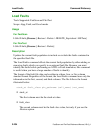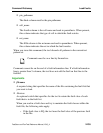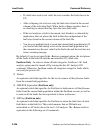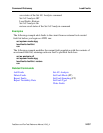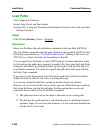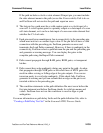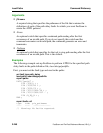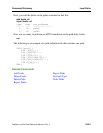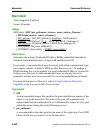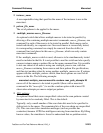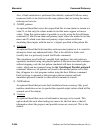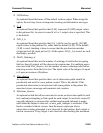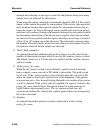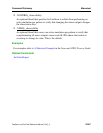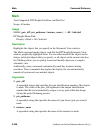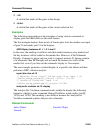
FastScan and FlexTest Reference Manual, V8.6_4
2-242
Macrotest Command Dictionary
Macrotest
Tools Supported: FastScan
Scope: All modes
Usage
MACrotest {[ID# | pin_pathname | instance_name] pattern_filename |
[-MULtiple_macros macro_filename]}
[-
FIll_patterns | -NO_FIll_patterns] [-FAultsim | -NOFAultsim]
[-
Verbose | -NOVerbose] [-L_h | -NO_L_h] [-MAX_Orderings d]
[-
Det_observe | -RAndom_observe [-MAX_Path_attempts d]]
[-Parity parity_file_name [-REplace]]
[-NOVERIfy_observability | -
VERIfy_observability]
Description
Automates the testing of embedded RAMs or ROMs, embedded hierarchical
instances, and embedded blocks of logic with unidirectional I/O.
For example, a sequential block may be reused, with added combinational logic
on its inputs, outputs, or both (to MUX in other functions, etc.). Or perhaps a
RAM marching test is to be applied to a small embedded RAM or a register file.
In these cases, the tests for the nonembedded logic are already known or
generated, but they need to be converted for use in the embedded environment.
For more information on Macrotest, refer to Using FastScan’s Macrotest
Capability in the Scan and ATPG Process Guide.
Arguments
• ID#
An non-repeatable integer that specifies the gate identification number of the
object to use in the macrotest. The value of the gate_id# argument is the
unique identification number that the tool automatically assigns to every gate
within the design during the model flattening process.
• pin_pathname
A non-repeatable string that specifies the name of the output pin of an ATPG
library model that you want to use in the macrotest.



